Dear Creators, we are proud to announce an amazing affiliate program for you to earn some serious and continual cash. Read about our affiliate progarm here.
Caros criadores, temos o orgulho de anunciar um incrível programa de afiliados para vocês ganharem muito dinheiro de forma contínua. Leia sobre nosso programa de afiliados aqui.
What to say to the judge in criminal court
Phoenix Criminal Attorney 0:00 <br>Hi, I'm Howard snader. Today I want to talk to you about a question that I'm frequently asked, and that is, what do I say to a judge? Or how do I talk to the court? In my world in criminal law, that's called an allocution. It's a statement that you make to the judge. And there are a lot of ways that you can go to do things the wrong way. And several years ago, I had a situation where I had a client that had lost a trial, we won several of the counts, but he still lost and he had to get sentenced on some of the lesser charges. At the time of sentencing, he was still protesting that the conviction was unfair, the jury didn't know what they were doing, and all the other excuses that are possibly out there in the book. But the bottom line is a jury found him guilty. At the time of sentencing, I prepped him for the sentencing. And I said he had three options. And these will be the same three options that you have when you need to speak to the judge. Those three options are one, you can say nothing. Number two, you can say I didn't do it, the jury was wrong and not be accountable in any way, shape, or form. Or three, since the jury has convicted you. Go ahead and be accountable and make your statement. In a situation where you know, you're going to appeal a case you know something is wrong, you have a shot at winning down the road, my recommendation would be to say nothing. The one thing I would always tell a client is never ever, ever go against the jury, never after conviction, after you plead guilty after you do anything, try and back out of it or blame others. So your two realistic options are either one say nothing, or to truly make an allocution to the court. When you make that allocution. When you make that statement to the court, there are several things that I want you to consider. You need to avoid cliches. Do not be overly apologetic. Don't be narcissistic, or give an example of I've seen the light, so give me a break type of speech. That apology when you make it, it's got to be heartfelt. The judge has to know it's coming from you. If you're going to apologize to the actual victim of the crime. That's okay. The apologies got to be felt though. And if you can't make that apology, don't. An example of a narcissistic statement would be the type of thing you might say, Hey, I really want to see my daughter graduate from high school or I really want to walk down the aisle. Those are nice statements. But those are things you should have been thinking about at the time that you committed the offense. I've seen the light speech comes up frequently where if you give me probation, I'll guarantee you'll never see me again. Or I will talk to high school kids or counsel other people never to go down the road I went through I would like to believe it. And quite honestly, my clients might believe that that is a valid statement to make. But until you've gone down the sentencing path until you've gone through the counseling until you've done the things that you've need to do to put yourself on the right path. I'm not sure it's a sincere statement. Because you really don't know how to fix yourself, let alone fix others. What you can make a statement towards is saying you'll accept the recommendations of probation, you'll accept the recommendations of counseling, you're open to what they might want to throw at you. When you make your statement, I really need to focus on not necessarily what you say, but how you're saying it. It's got to be short, it's got to be concise. An apology, as I noted before, is always appropriate, but it's got to be sincere and has come from the heart. A lot of times what happens when I get clients thinking about that they become emotional. That's okay, too. In fact, if you get emotional, if the tears are flowing, <br> <br>Howard Snader at the Snader Law Group. I'm a board-certified expert in criminal law for more than 30 years I've been helping 1000s of people negotiate their way through the criminal justice system. So again, if you have any questions, please feel free to reach out to me at my office at 602-899-2321. Thank you <br> <br>Read more <br>https://www.snaderlawgroup.com..../what-to-say-to-a-ph

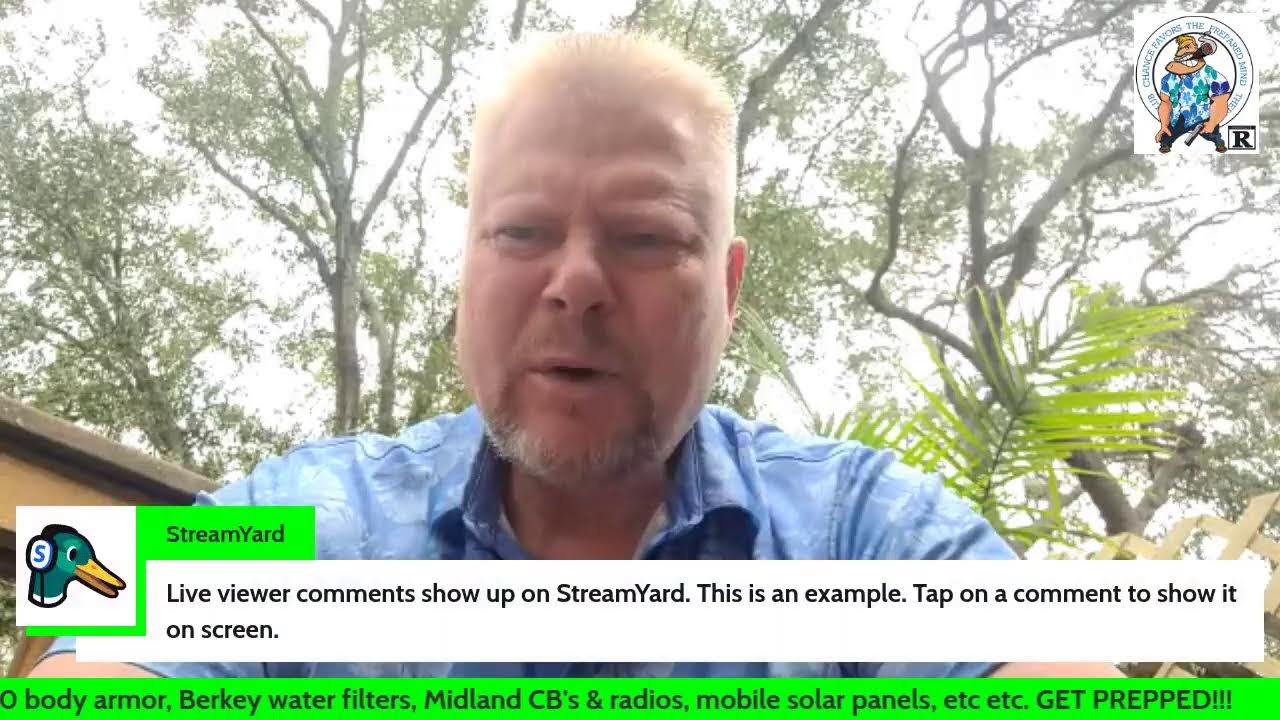
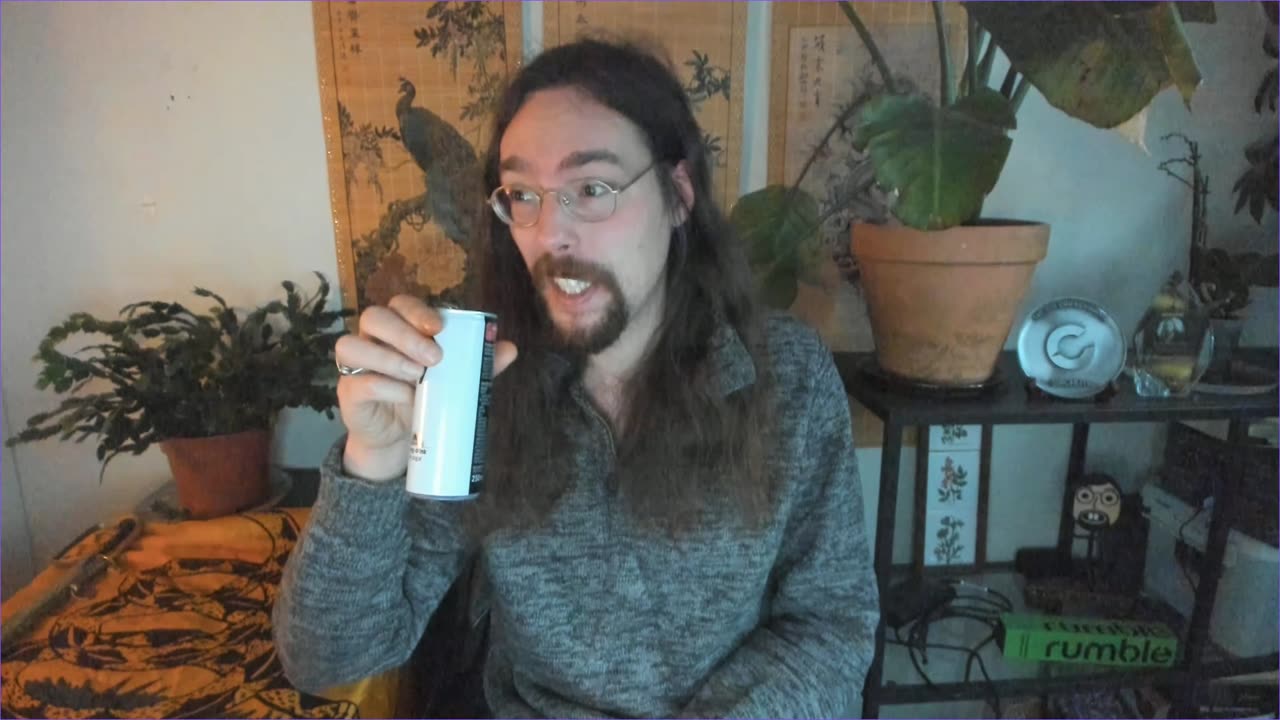
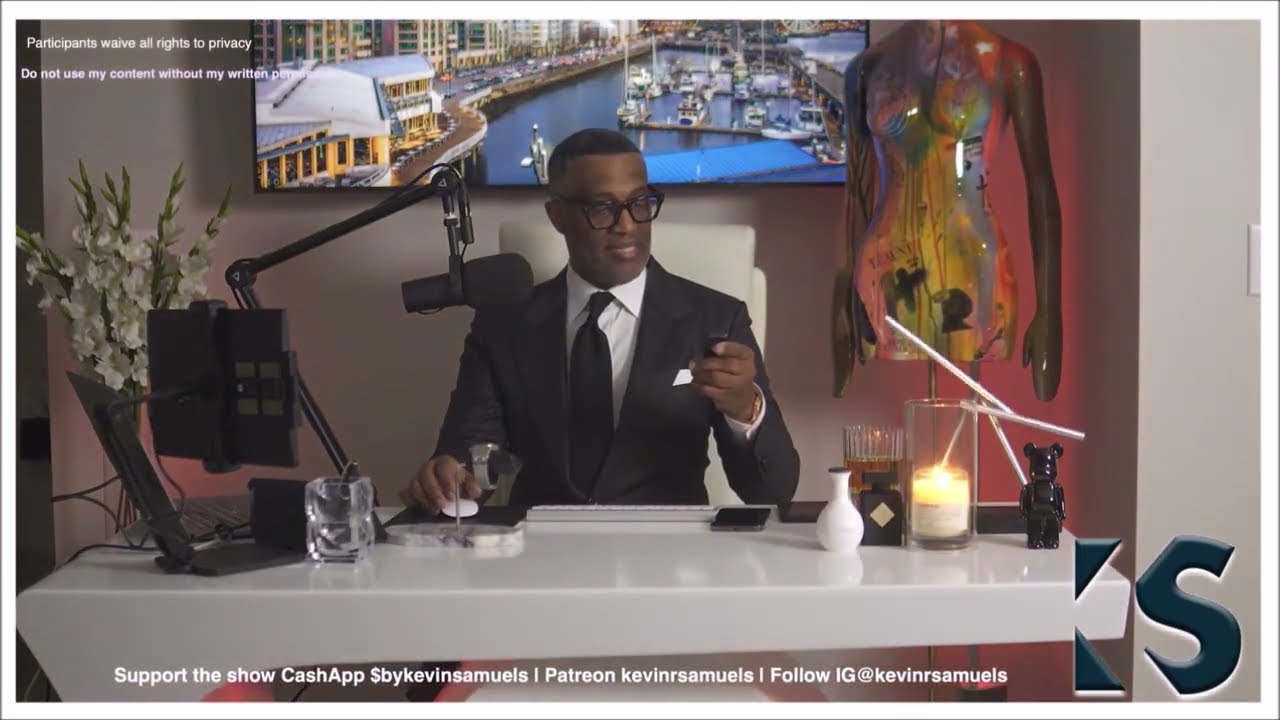






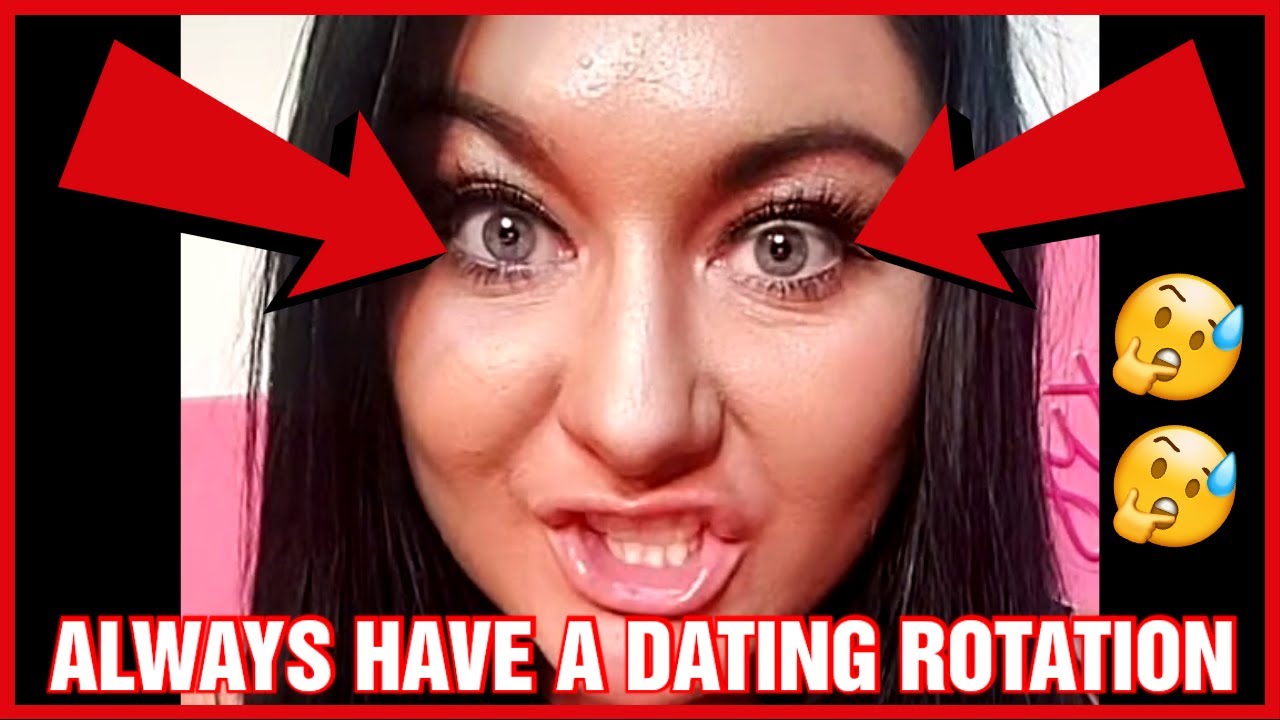
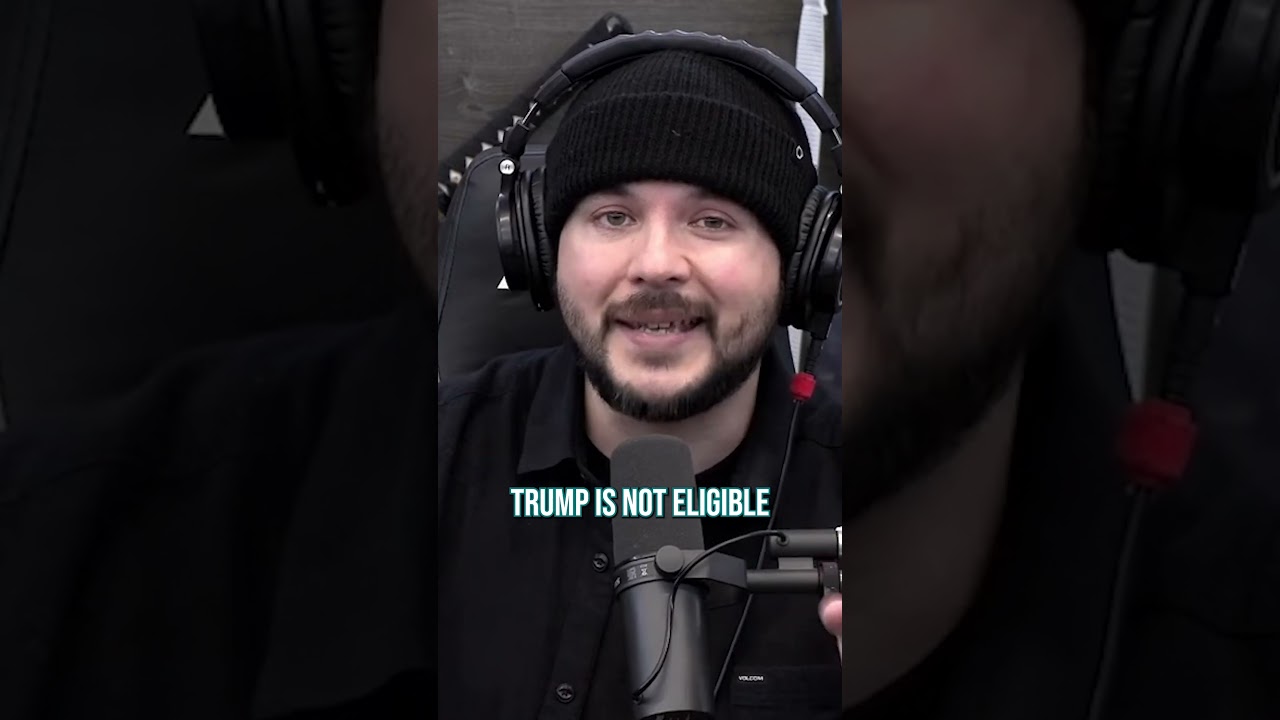





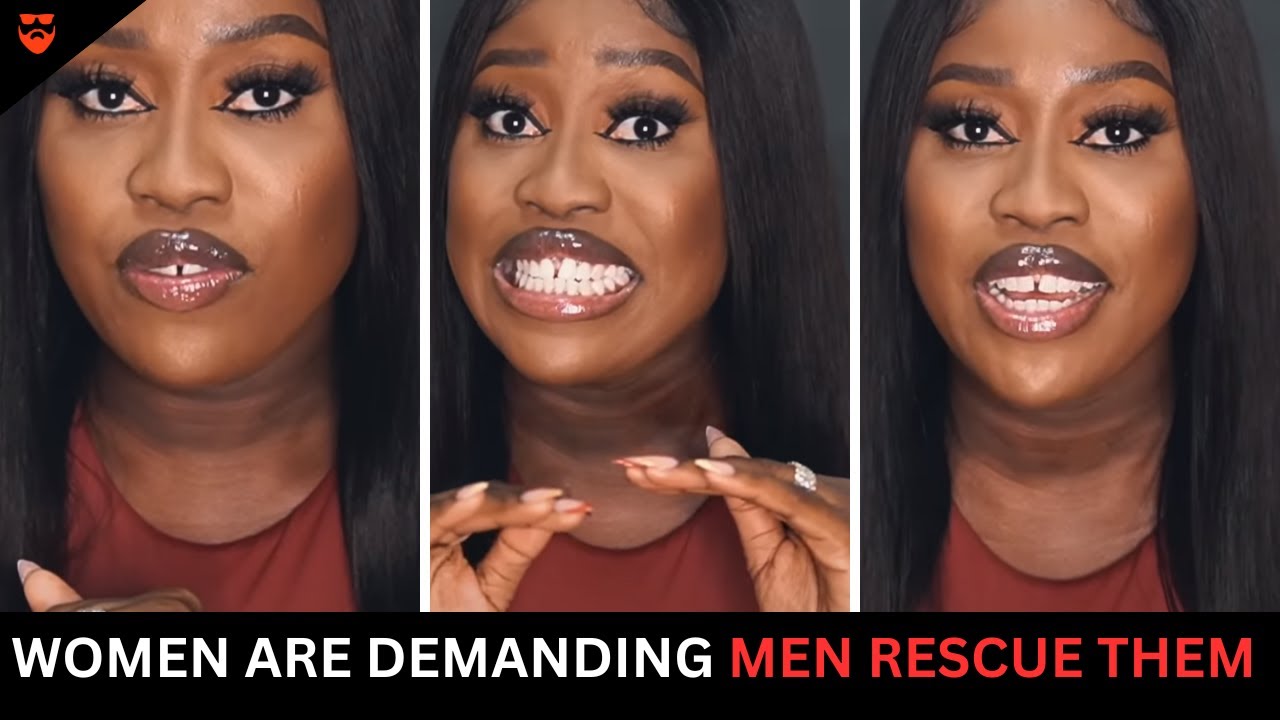





SORT BY-
Top Comments
-
Latest comments